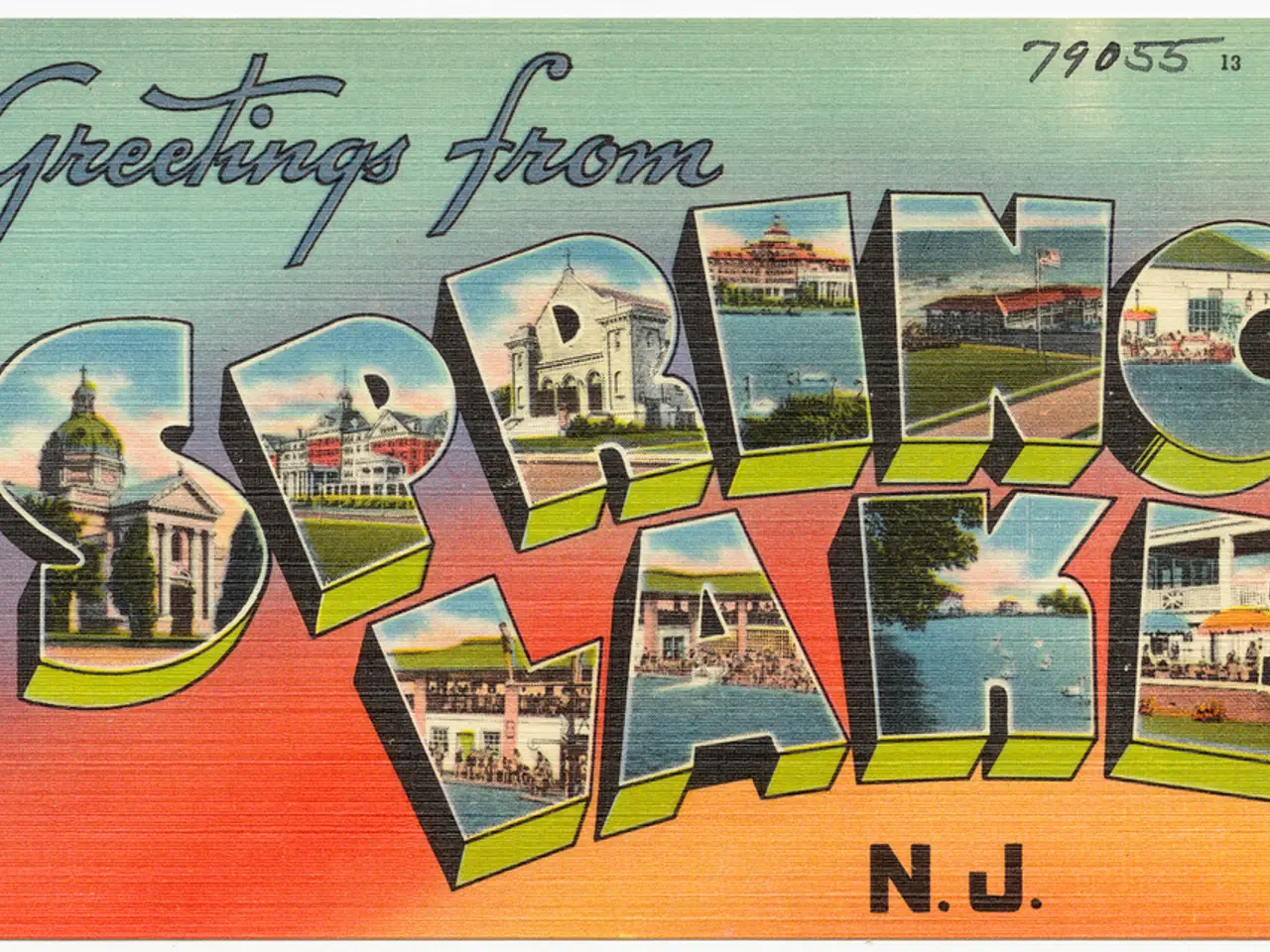Impact of Sunnova's Department of Energy loan guarantee in case of bankruptcy filing
The solar energy company Sunnova Energy, which has received a partial loan guarantee from the federal government, is expected to file for bankruptcy in the coming weeks. This news has significant implications, extending beyond the rooftop solar industry and into the realm of politics.
The loan guarantee, provided by the Department of Energy's Loan Programs Office (LPO), was designed to support Project Hestia, a virtual power plant program aimed at expanding access to rooftop solar and storage for more homeowners. The guarantee allowed Sunnova to offer loans to a higher percentage of applicants, particularly low-income homeowners around the U.S. and Puerto Rico, who may not have qualified otherwise.
However, the structure of the arrangement means that if Sunnova does go bankrupt, the solar loans that have been issued already would continue to be owned by special purpose vehicles, which are protected from bankruptcy. In the event of a "historic default on repayment," the government is only responsible for 68% of each loan, with Sunnova's portion (32%) being wiped out first.
Credit rating agencies were unwilling to factor in the payment reliability of low-income households, particularly those with low or no credit scores, when evaluating companies like Sunnova without the loan guarantee from LPO. This was a significant factor in the two-year process of vetting Sunnova and approving the loan.
Sunnova's affiliation with LPO has become a political football in the last several years, with congressional Republicans seeking examples of federal waste and mismanagement by the Biden administration. The company's potential bankruptcy will likely fuel these debates.
Despite the political implications, the underlying solar loan collateral is generating sufficient cash flow to cover all obligations, fees, and expenses without any issues. In the year and a half since Sunnova finalized its loan guarantee with LPO, the government hasn't paid out a cent.
The government has been slowly collecting fees, including at origination, and a monthly "risk-based charge," which has resulted in a net payment to the government that, at one point, totaled over $13 million. As the bonds continue to perform, credit rating agencies may start to use the data for all future deals, without a loan guarantee from LPO.
Sunnova has installed solar and storage for thousands of homes that wouldn't otherwise have qualified for loans. The company has since pivoted away from the loan structure and moved more toward PPAs, voluntarily stepping back from the loan guarantee. This shift has made the loan guarantee essentially obsolete.
It's worth noting that Sunnova's potential bankruptcy joins a long list of rooftop solar companies that have gone bankrupt or shut down in the last year. Companies like SunPower, Titan Solar, Harness Power, Sununity, and Vision Solar have faced similar challenges.
In late 2023, the federal government provided a $3 billion partial loan guarantee to Sunnova, which was distinct from most other loans given out by LPO. As of March, the two bond offerings backed by the DOE loan, which cannot be put into bankruptcy, are performing well, with all scheduled interest and principal payments to investors made on time.
The ultimate success of LPO's loan guarantee to Sunnova depends on whether credit rating agencies are ultimately willing to make those same loans without the backing of the federal government. The search results do not provide the name of the person who led the Loan Programs Office of the Department of Energy when the partial guarantee for Sunnova Energy was agreed.
In conclusion, Sunnova Energy's potential bankruptcy will have significant implications, both for the solar industry and politics. The company's shift away from the loan structure and towards PPAs, coupled with the performing bonds, suggest that the loan guarantee may no longer be necessary. However, the political implications remain, as the loan guarantee has become a contentious issue in recent years.








